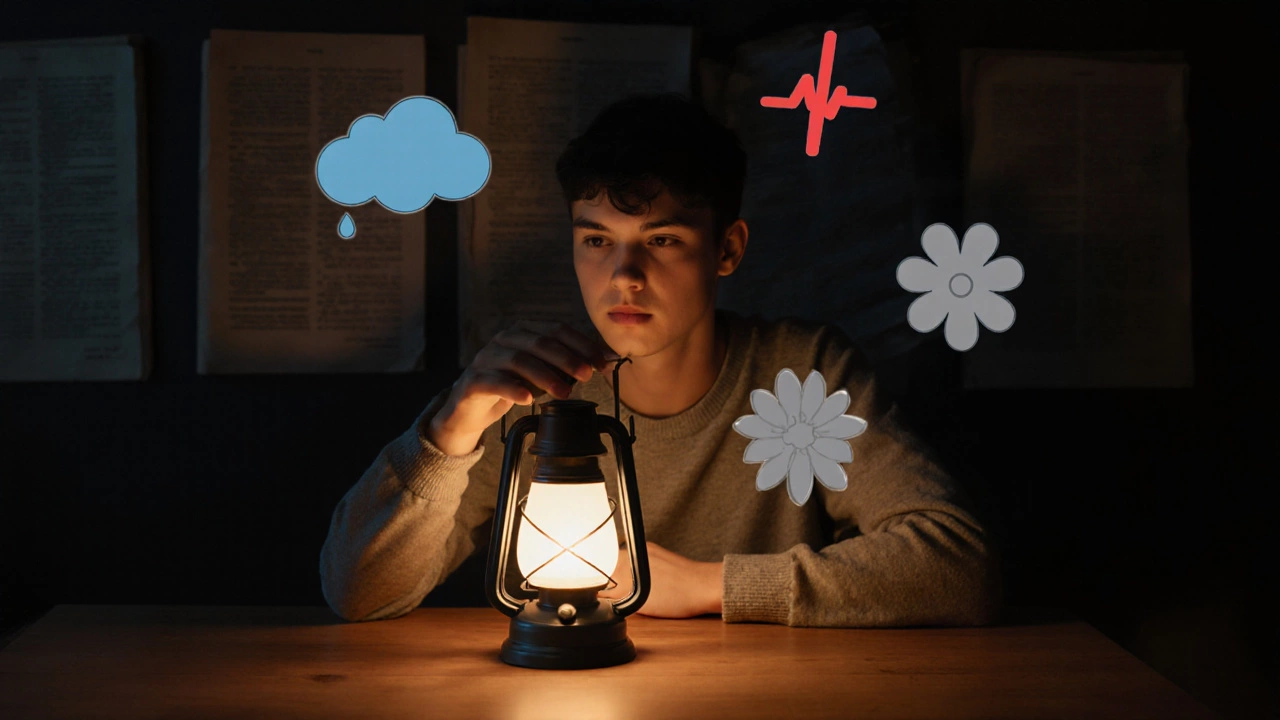Early Signs of Mental Illness – What to Look For and Why It Matters
When talking about early signs of mental illness, the subtle changes in mood, thought patterns, or behavior that often precede a full‑blown disorder. Also known as early warning symptoms, recognizing them can give you a head start on treatment and prevent complications.
Why Spotting Early Signs Matters
Early detection works like a fire alarm – it alerts you before the blaze spreads. Mental health therapy, a structured treatment approach that uses techniques such as CBT or interpersonal therapy often shows the best outcomes when started at the first hint of trouble. Likewise, counseling, short‑term support focused on coping skills and emotional processing can reinforce coping strategies before symptoms become entrenched. Both therapy and counseling rely on accurate symptom screening, a systematic check of mood, sleep, appetite, and thought patterns to identify the early signs that matter.
One common semantic link is that early signs of mental illness encompass changes in sleep, energy, and social interaction. Another link: effective mental health therapy requires reliable symptom screening to tailor interventions. A third connection: counseling influences the speed at which early intervention leads to recovery. These relationships form a simple chain – notice the signs, get screened, start therapy or counseling, and you’re already on a better path.
So, what should you actually watch for? Subtle shifts like losing interest in hobbies, feeling unusually irritable, trouble concentrating, or a sudden drop in confidence can all be early flags. Physical clues such as unexplained aches, changes in appetite, or erratic sleep often accompany mental changes. Social cues – pulling away from friends, increased conflict, or clinginess – are also red flags. When these patterns appear together, they form a symptom cluster that, if caught early, can be addressed with low‑intensity interventions before escalation.
Practical steps are simple: keep a brief daily log of mood, energy, and sleep; talk openly with a trusted friend or family member; and consider a brief online screening tool. If the log shows a consistent downturn, schedule a quick chat with a mental health professional. Many clinics now offer same‑day appointments for early‑stage concerns, and tele‑therapy makes it easier than ever to start treatment from home.
Below you’ll find a curated list of articles that break down each of these topics in detail – from how to spot the tiniest mood changes to choosing the right type of therapy or counseling. Use the insights here as a launchpad, then dive into the posts for step‑by‑step guides, real‑world examples, and expert tips that will help you or a loved one act fast when early signs appear.






